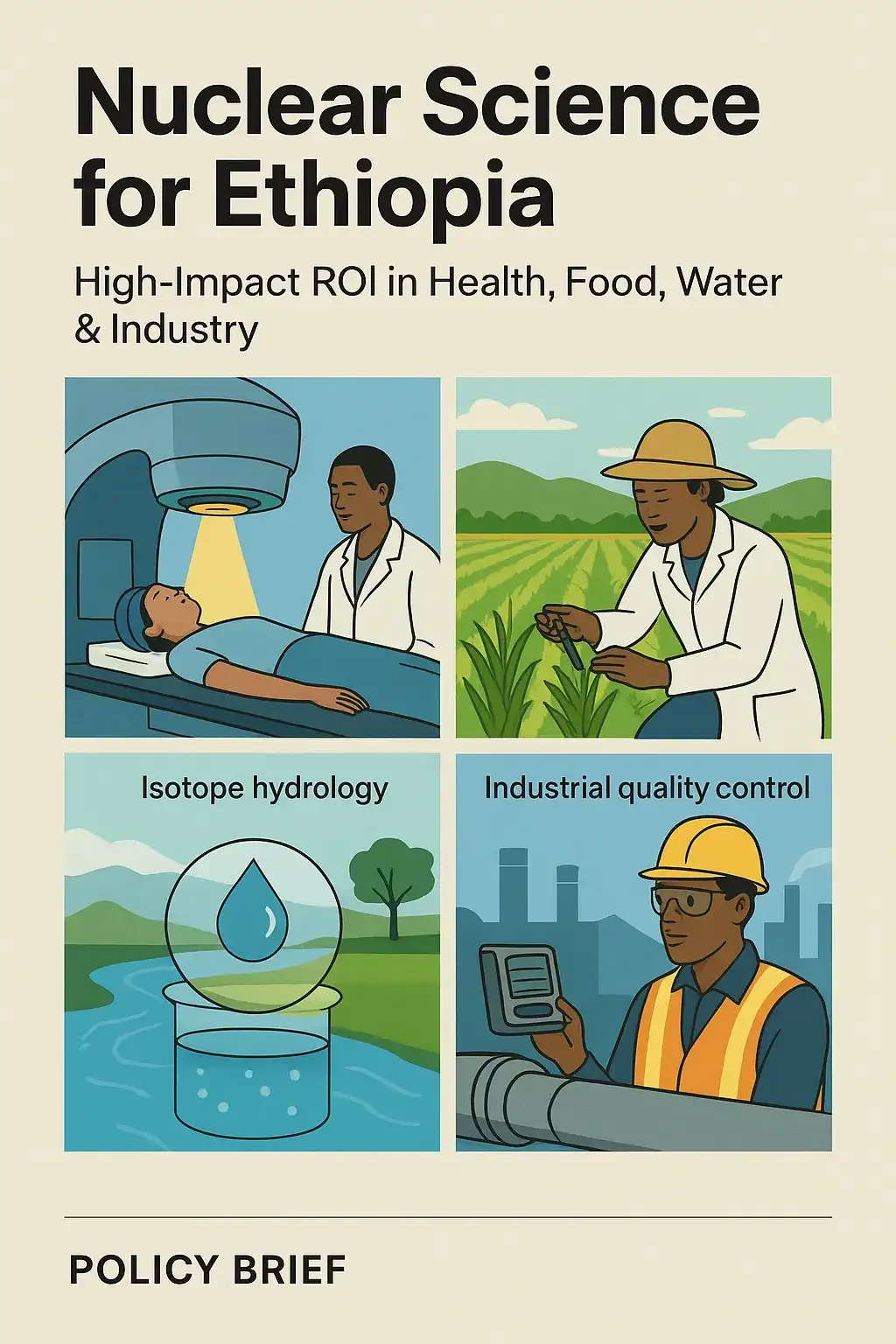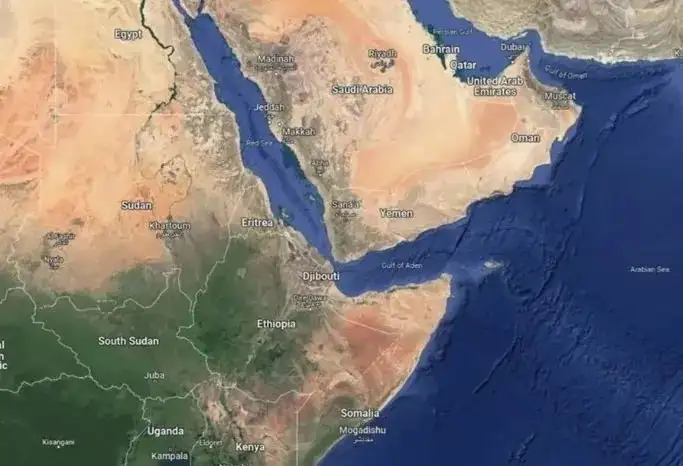By: Bayu Samuel
Ethiopia is strategically investing in the peaceful use of nuclear science and technology, a move that promises substantial returns on investment (ROI) and aims to transform its health, food security, and industrial sectors. This analysis, articulated by Bayu Samuel in a recent publication, highlights how high-tech solutions can align with the national development agenda.
The analysis argues that nuclear applications offer cost-effective, high-impact solutions to long-standing national challenges, with benefits accruing rapidly—often within 5 to 10 years.
Lifesaving ROI in Cancer Care
A critical area of investment is modern oncology. Ethiopia's current capacity for radiation medicine is severely limited. To address this, the government is actively expanding its infrastructure with five additional radiotherapy centers planned or under construction in locations including Addis Ababa, Gondar, Hawassa, Harar, and Mekele. This initiative includes procuring new linear accelerators, brachytherapy units, and a cyclotron for producing medical isotopes.
Experts note that this expansion is vital for addressing roughly 80,000 new cancer cases and 55,000 deaths annually. Global models, such as those from the Lancet Oncology Commission, show that scaling up radiotherapy in low-income countries yields a massive economic benefit by preserving patient health and productivity. The planned Ethiopian investment is therefore projected to return multiple times its cost in increased productivity and lives saved within a decade. The International Atomic Energy Agency (IAEA) is partnering with the government to provide equipment and training as part of the "Rays of Hope" initiative.
Food Security and Climate Resilience
Nuclear techniques offer robust tools for agriculture and climate adaptation. Researchers are using gamma irradiation to genetically improve the national staple, teff. This breeding work aims to develop drought-resistant, early-maturing, and lodging-resistant teff varieties that require less water and fertilizer, promising significant yield gains on millions of hectares.
Additionally, techniques like the Sterile Insect Technique (SIT) are already being used to protect livestock. Ethiopia, with IAEA support, has successfully utilized SIT in its Southern Rift Valley region to significantly suppress tsetse flies, which transmit the debilitating disease trypanosomosis (Nagana). This effort is intended to secure large swathes of fertile land for sustainable agricultural development, building on earlier success where fly populations were reduced by over 90%.
Water Sustainability and Industrial Safety
Peaceful nuclear applications are also foundational for resource management and industrial integrity:
- Water Security: Isotope hydrology is employed to map and monitor crucial groundwater resources, particularly in the Rift Valley. By analyzing natural isotopes, scientists can determine aquifer recharge rates and prevent costly over-extraction, directly supporting better irrigation planning and sustainable use of water resources, including those linked to large projects like the GERD.
- Industrial Quality Control: Non-Destructive Testing (NDT)—using techniques like gamma radiography and radioisotope gauges—is critical for ensuring the safety and integrity of modern infrastructure, including pipelines, bridges, and industrial components. These tools offer a high cost-benefit by quickly identifying defects, significantly reducing downtime and maintenance costs in the country's burgeoning construction and energy sectors.
The government maintains that the cumulative effect of these peaceful nuclear science investments will translate into measurable ROI within 5 to 10 years, strengthening Ethiopia's economy, increasing food production, and improving public health outcomes.
About the Author
Bayu Samuel is a strategic analyst with experience across Ethiopia’s public and private sectors. With a BSc from Addis Ababa University, he applies expertise in securities, modeling, and game theory to guide investment strategy. Currently an Associate at ACE Investment and Impact Advisors, he previously served as Senior Analyst at the FDRE Land Bank and Development Corporation.




